The marine ecosystem is a fragile and invaluable treasure that provides numerous benefits to our planet and all its inhabitants. In this article we will delve into the world of marine conservation exploring a range of initiatives and projects aimed at preserving the health and biodiversity of our oceans.
Understanding the Importance of Marine Conservation
Marine conservation is crucial for maintaining the balance of our planet’s ecosystems and ensuring the sustainable use of marine resources. The oceans play a vital role in regulating climate producing oxygen and supporting a staggering array of marine species. Additionally marine ecosystems contribute to the economy through industries such as tourism fisheries and pharmaceutical research. By protecting and conserving the marine environment we safeguard the well-being of both nature and human communities.
Key Initiatives for Marine Conservation
Marine Protected Areas (MPAs): Safeguarding Biodiversity Hotspots
Marine Protected Areas are designated regions where human activities are regulated or prohibited to preserve the natural state of the ecosystem. MPAs serve as sanctuaries for marine species protecting critical habitats and supporting biodiversity. These areas can range from small coastal zones to vast oceanic regions providing refuge for endangered species promoting the recovery of depleted populations and conserving unique marine habitats.
Sustainable Fisheries: Balancing Conservation and Harvesting
Sustainable fisheries practices are essential for maintaining healthy fish populations and safeguarding marine ecosystems. Initiatives such as catch limits fishing gear restrictions and seasonal closures help prevent overfishing and minimize the unintended capture of non-target species (bycatch). Additionally promoting responsible fishing practices supporting small-scale fishers and implementing traceability systems can ensure that seafood is sourced sustainably reducing the impact on marine biodiversity.
Coral Reef Conservation: Protecting Underwater Rainforests
Coral reefs are among the most diverse and productive ecosystems on Earth providing habitat for countless species. However they face significant threats such as climate change pollution and destructive fishing practices. Conservation efforts focus on reducing pollution implementing sustainable fishing practices and restoring damaged reefs through coral transplantation and reef-building projects. Protecting and conserving coral reefs is vital not only for the species that rely on them but also for the coastal communities that depend on reefs for food security and tourism.
Marine Debris Cleanup: Tackling Ocean Pollution
Ocean pollution particularly marine debris such as plastics poses a severe threat to marine life and ecosystems. Cleanup initiatives aim to remove and properly dispose of marine debris preventing it from causing harm to marine species through entanglement or ingestion. These projects often involve volunteer efforts community engagement and education to raise awareness about the consequences of plastic pollution and promote sustainable waste management practices.
Collaborative Conservation Projects
Many marine conservation initiatives are the result of collaboration between governments non-governmental organizations (NGOs) scientists and local communities. These partnerships work together to develop strategies conduct research raise funds and implement conservation projects on local regional and global scales. By pooling resources and expertise collaborative efforts can have a more significant impact in protecting and restoring marine ecosystems.
The Power of Individual Action
While large-scale conservation projects are vital individual actions can also contribute to marine conservation efforts. Simple steps such as reducing single-use plastics supporting sustainable seafood choices practicing responsible tourism and participating in beach cleanups can make a difference. By collectively embracing sustainable lifestyles and promoting awareness we can create a ripple effect that leads to positive change for our oceans.
Preserving the Treasures of the Sea
Marine conservation plays a crucial role in ensuring the long-term health and resilience of our oceans. By supporting initiatives that protect marine biodiversity promote sustainable practices and raise awareness about the importance of ocean conservation we can secure a brighter future for our planet and all its inhabitants.

Hi, I’m Jodie! I’m a spain-Moroccan writer with a passion for imagination, adventures, magic and stories with heart.
Please don’t hesitate to contact me for any questions, suggestions, comments or feedback.

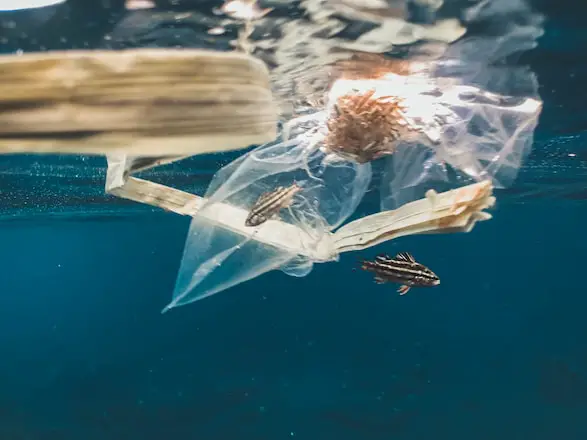
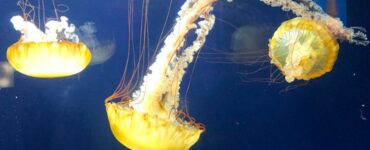
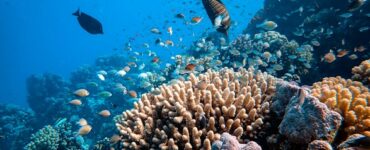
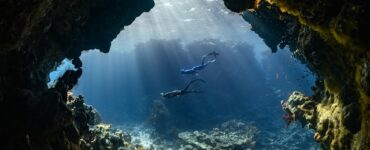


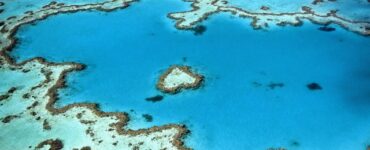









Add comment